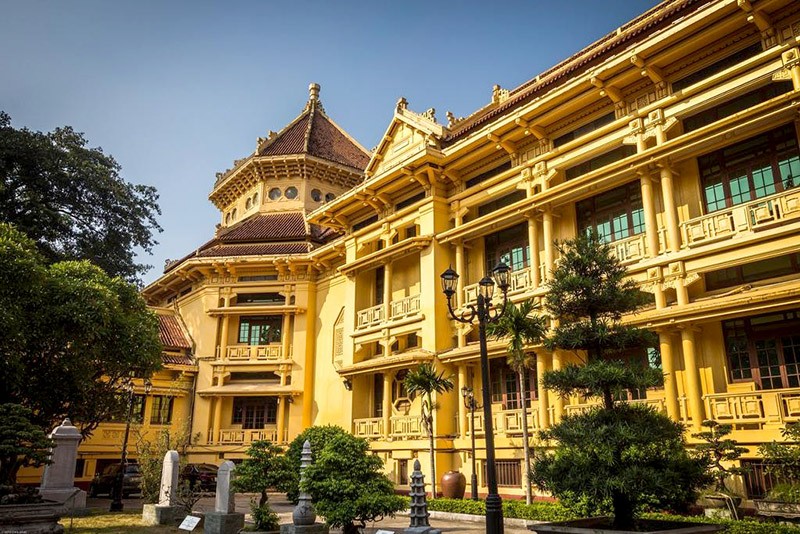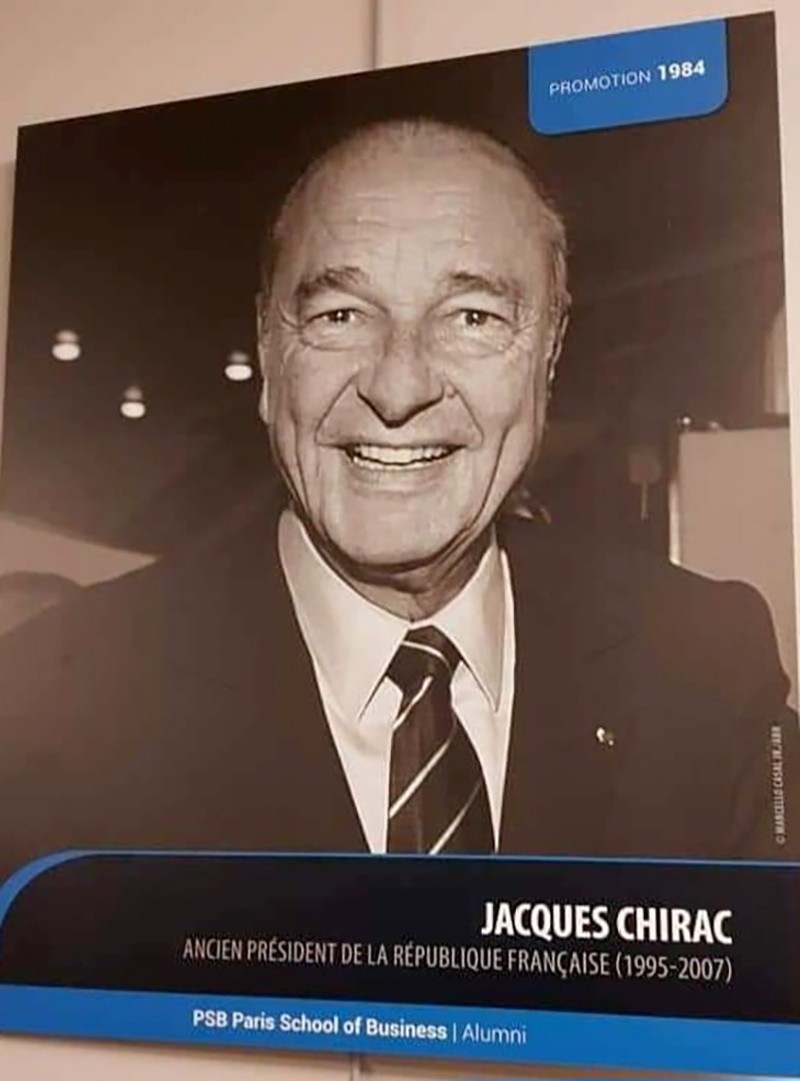
Vietnam-France Relationship: From Cultural Values to 50 Years of Companionship for Progress
Latest
Culture - The First and Throughout Point of Contact in the France-Vietnam Relationship
Going back to the 16th century, we can see that culture was the first contact point of the French-Vietnamese relationship. Alexandre de Rhodes (March 15, 1593 - November 5, 1660), a French missionary and linguist, lived in Vietnam for a long time. He made an essential contribution to the formation of the Vietnamese national language by systematising Vietnamese pronunciation using the Latin alphabet and compiling the Vietnamese-Portuguese-Latin Dictionary (Dictionarium Annamiticum Lusitanum et Latium). The publication was published in Rome in 1651 and is considered the first Vietnamese dictionary. This event marks a vital milestone in the profound relationship between the two countries.
Architecture - The Intersection of Two Cultures with Indochine Style Surviving Over Time
On July 11, 1921, architect Ernest Hébrard signed a labour contract with the Governor General of Indochina to work in Hanoi for six months. However, his trip unexpectedly extended to 10 years. These were the peak years in the career of the French architect, earning him lasting recognition.
Hébrard is the father of Indochine style - a fusion of Vietnam's traditional nostalgia and French neoclassical style, showcasing the essence, cultural identity, and rich history. Each structure in this style brings out the harmonious interplay between the Vietnamese and French cultures.
Ernest Hébrard's timeless masterpieces include the main building of the University of Indochina, now known as Hanoi National University and the Vietnam History Museum.
 |
| The Vietnam History Museum was established on September 3, 1958, based on inheriting the Louis Finot Museum designed by architects C.Batteur and E.Hébrard in 1925 - a great representative of the architectural style, a style that combines the values of French architecture with indigenous architectural values. |
According to experts, the core factors that create these Indochine-style buildings' timeless beauty and enduring vitality are the interplay between large-scale, impressive modern spaces, according to French standards, and the delicate, deeply Asian charm of Vietnam.
Cultural Identity of Vietnam - Love in the Heart of Former French President Jacques Chirac
 |
| The image of Former French President Jacque Chirac is solemnly hung at the Paris School of Business (PSB) for his contributions to the expected progress of the world, and he is also known as "A Frenchman who loves Vietnam". |
Jacques Chirac was born on November 29, 1932, in Paris. He came from a family with a father working in administrative management at an airline company and a mother as a housewife. He was the one who brought the first Summit to Vietnam. In 1997, the Francophonie Summit was held in Vietnam, marking the first time that the Summit was held in Asia. During his official visit to Vietnam from November 12-13, 1997, before the opening session of the Summit, President Jacques Chirac expressed his desire to develop a "privileged partnership" between the two countries.
Well-known for his friendliness and approachability, Jacques Chirac was the most beloved French President among the French people. He was also passionate about indigenous cultures, stating, "Culture, cultural essence is the quintessence of a nation. A nation with 54 ethnic groups like Vietnam, which has a Vietnam Museum of Ethnology, documenting the culture of each ethnicity is a bright spot, a diamond preserving the Vietnamese national culture."
Emphasizing that culture is the foundation and essence of each nation, Mr. Jacques Chirac affirmed that each country should retain its identity.
Upon arriving in Vietnam, he was deeply moved by a song lyrics: "If one forgets their homeland, they will not grow into a mature human." These words made him think each person represents a particular history and culture. Respect and understanding one's culture are fundamental in ensuring the balance between each individual's character and the nation's development.
Vietnam-France Educational Cooperation: 50 Years of Companionship for Progress
If culture had brought the French closer to Vietnam, educational cooperation would have been a strong foundation for progress and sustainable development.
Educational cooperation between the two countries has been established and developed since the early 1980s. France has always considered education and training a top priority in its partnership with Vietnam, focusing primarily on teaching and promoting the French language and training at the undergraduate and postgraduate levels in economics, banking, finance, law, and modern technology. Both sides have signed and cooperated to implement many critical projects in the training field.
Gérard Larcher, President of the French Senate, once said: "The France-Vietnam relationship is the 50-year relationship of sharing and trust, with respect for sovereignty and differences. France is proud to have accompanied Vietnam for 50 years on the path for progress, in which educational cooperation is a successful example."
With a 50-year history of establishment and development in France and 15 years of collaborative training partnerships with leading universities in Vietnam, the Paris Graduate School of Management (École supérieure de gestion ESG de Paris – ESG) has played a positive role in enhancing the management experience of domestic leaders and executives, affirming the country's capacity and position in the international arena while always appreciating, preserving and promoting good values in the relationship between the two countries.
| TIN LIÊN QUAN | |
| Cultural space of Vietnam's 54 ethnic groups presented on “digital museum” | |
| Vietnam supports promotion of international cooperation in human rights: Ambassador | |

















